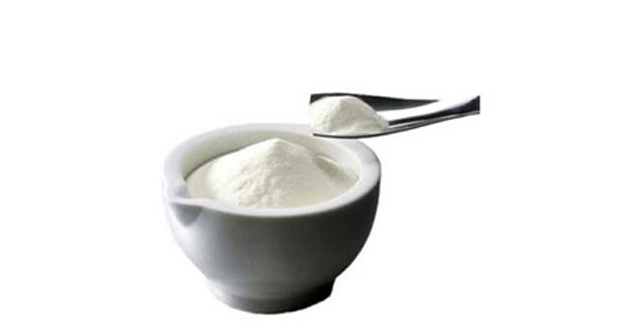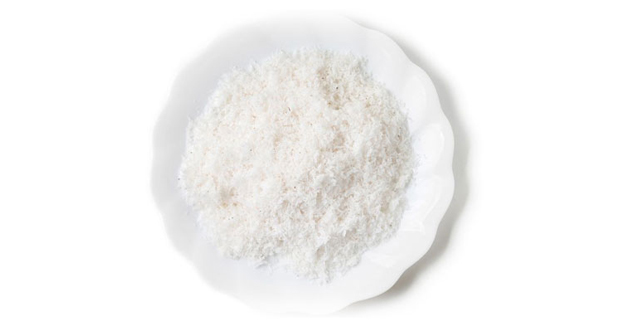Allulose Powder
So what is powdered allulose/allulose powder? Allulose powder produced by allulose suppliers is relatively rare in the whole nature. Metabolized will be hard for people after the meal. It will not increase your energy in the body and without any corrosion. It can be well-processed. As a new functional sweetener, the healthy low calorie sweetener can absolutely replace the traditional sweetener in continuous food development.
Allulose Powder Analysis:
Appearance: White crystal powder or white powder
Taste: Sweet, no odor
Allulose content(on dry basis),%: ≥98.5
Moisture,%: ≤1%
PH: 3.0-7.0
Ash,%: ≤0.5
Arsenic(As),(mg/kg): ≤0.5
Lead(Pb),(mg/kg): ≤0.5
Total Aerobic Count(CFU/g): ≤1000
Total Coliform(MPN/100g): ≤30
Mould and Yeast(CFU/g): ≤25
Staphylococcus aureus(CFU/g): <30
Salmonella: Negative
Allulose Powder Application & Functions:
• Application of allulose powder
The powdered allulose is widely used in all kinds of food. It is able to replace the common sugar.
• Functions of allulose powder
Protect the nerve tissue.
Low blood glucose response, inhibition of blood glucose, and fat increase.
Psicose, Allulose & D-allulose:
The names psicose, allulose, and d-allulose are interchangeable and are used to describe a naturally occurring "rare" sugar. Allulose powder is found in very small amounts in a variety of fruits and nutritional sweeteners. Commercially, powdered allulose is produced by the enzymatic conversion of carbohydrates from corn, sugar beet, or other sources. The resulting sugar is around 70 percent as sweet as table sugar and is similar in taste and function.
Nutritionally, the low-calorie sweetener provides 0.2 kcal/g. It is absorbed but not metabolized, and excreted mainly in complete urine. That's why it is known as the healthiest low-calorie sweetener.
What Is Allulose Powder Made Of?
Allulose powder is a low-calorie sweetener with the same clean, sweet taste you expect from sugar. It is one of many different sugars that exist in nature in very small quantities. The healthy low-calorie sweetener was initially identified from wheat and has since been found in certain fruits including raisins, figs, and jackfruit. Allulose powder is naturally present in small quantities in a variety of sweet foods like caramel sauce, maple syrup, and brown sugar. You find it in a wide range of foods and beverages to support a healthy lifestyle.
Although natural low-calorie sweeteners are found in some foods in recent years, allulose powder manufacturers have used enzymes to convert fructose from corn and other plants into allulose powder. The low-calorie sugar alternatives are produced through an enzymatic process from non-GMO corn. It is a natural process and neither the corn nor the enzyme contains any GMOs.
- Country of origin
- China


